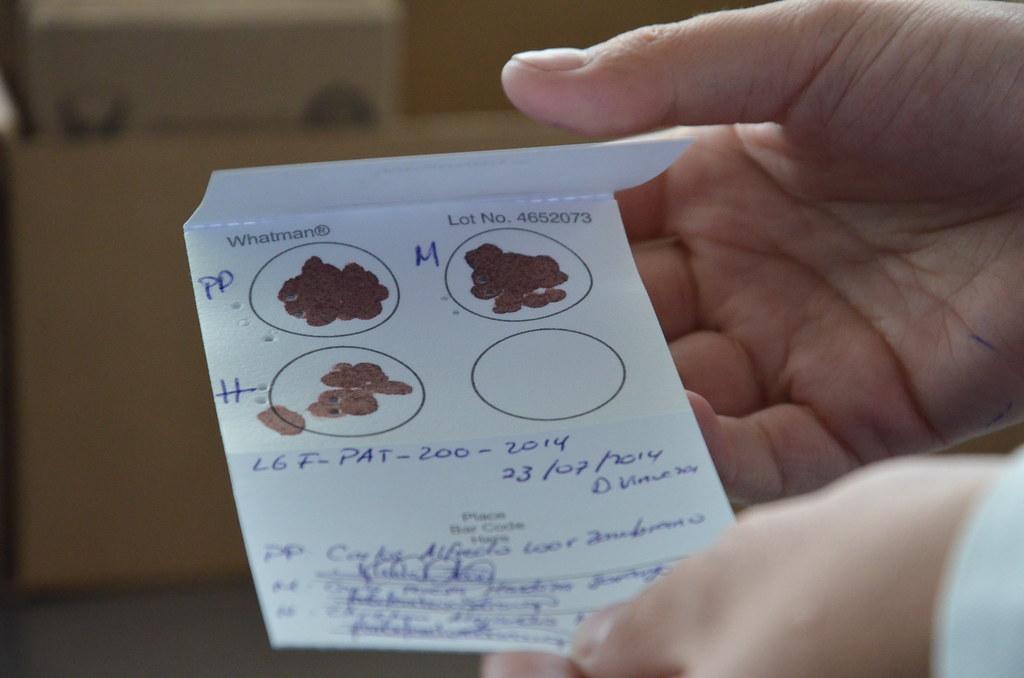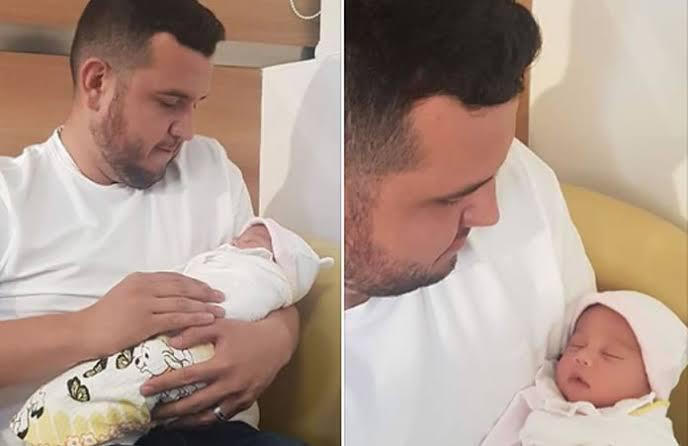Free DNA tests are carried out in 11 provinces
Users of the judicial system can access this service as long as they prove that they have incomes below a unified basic salary.
Between $189 and $300 a DNA test can cost in Ecuador. In cases of paternity lawsuits, the judges order these tests to be done and the cost must be borne by the defendant.
However, “there are those who do not have resources. That is when the State makes an analysis and, according to that, decides on the gratuity”, indicates Solanda Goyes, national director of the services of access to justice of the Council of the Judiciary.
To apply
Access to these tests protects the right to identity of children, details Goyes. From 2018 to 2020, 457 DNA tests have been carried out.
Information from the Ministry of the Government details that 80% of paternity tests have been positive and 20% are exclusions; that is, negative.
To carry out this examination it is necessary that the alleged father, mother and child be present. 90% of the cases are performed on minors and only 10% on adult offspring.
For a person to initiate a process for paternity testing, they must file the lawsuit before a Judicial Unit and it is the judges who provide access to the free test, provided that the defendant demonstrates that he receives less than the unified basic salary ($400) .

This can be done through the Ecuadorian Institute of Social Security (IESS) and if they do not have adequate employment, a social worker makes visits.
As for how long this process takes, Goyes indicates that it has not been established. “The times are diverse in the Judicial Function. It depends on the procedural burden of the justice operator”.
In addition, in cities such as Quito, Guayaquil and Cuenca there is more congestion of cases.
Goyes points out that there are two possibilities. Through the paternity claim or through the alimony claim. "If in that claim it has not been determined who the father is and the child is not recognized, the recognition process is also carried out."
However, once the demand is determined, the corresponding unit contacts the laboratory and schedules the day and time of the appointment to take the sample. Results take 30 days.
In the country, the laboratories that carry out these free tests are located in 11 provinces: Pichincha, Guayas, Azuay, El Oro, Esmeraldas, Loja, Los Ríos, Manabí, Santo Domingo de los Tsáchilas, Sucumbíos and Tungurahua.
Available testing and training
For these processes, the Judicial Council works together with the Ministry of Health and Legal Medicine. Annually, between 750 and 800 tests of this type are assigned.
Goyes points out that the Council of the Judiciary carries out training in the judicial units in order to unify criteria and spread this service. (AVV)
DNA sampling process
Change names or surnames is possible
A citizen can change their names or surnames only once in their lifetime. This is determined by the Identity Management and Civil Data Law.
The name change is applied in two cases: Up to 90 days after the birth of the baby or upon reaching the age of majority.
This procedure is done through the Civil Registry and has a cost of $12.
In the case of a change of surnames, article 79 of the Law details that "the person who is using surnames other than those that appear in their birth registration may change them only once, after verifying possession notorious and uninterrupted use of such or such surname(s) for more than ten consecutive years.
This process is also carried out through the Civil Registry.
FACT: Plaintiffs can request DNA testing through a paternity or child support proceeding.
FACT: On June 14, 2021, 300 judicial officials were trained on free DNA tests.







